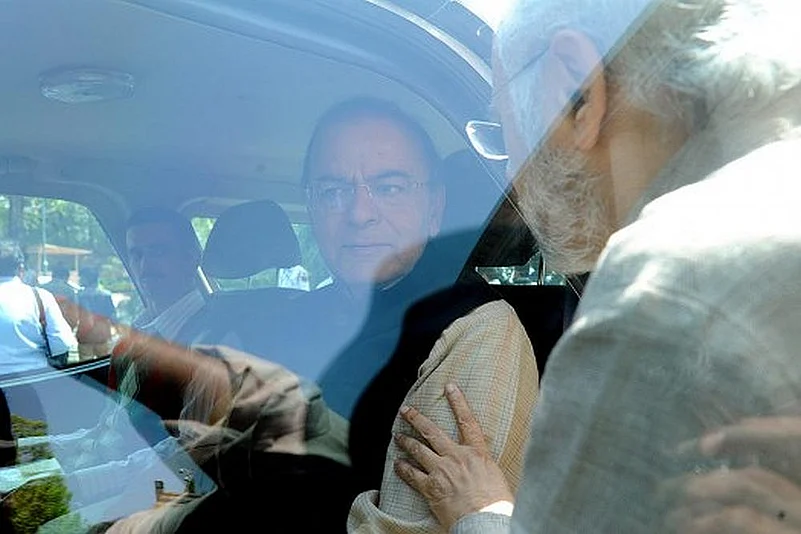Almost this time last year, the BJP-led Union government introduced the Finance Bill 2016, cloaked as Money Bill to escape Rajya Sabha scrutiny. The bill, to tweak the Foreign Contribution Regulation Act (FCRA), had a provision allowing political parties to take donations from foreign sources retrospectively from September 2010. That was to contain a verdict of the Delhi high court that found both the BJP and the Congress guilty of taking money from UK-based Vedanta Group violating FCRA provisions.
Same time this year, the same government passed another Finance bill that readies the ground for a new form of political funding tool called ‘electoral bonds’. A person or company can buy electoral bonds from RBI-notified banks via cheque/bank transfer and anonymously give that bond to the favorite political party. Anonymity is granted to the donor by ‘bearer’ bonds.
Of course the government will know who bought the bond and what your spending power is, but it wouldn’t know whom it was donated to. The party which received the bond can go to the bank and redeem it. The donor may choose to be anonymous. While bank/government knows who purchased the bond, the same is not revealed to the party or public. So transparency for voters is zilch.
The Wall Street Journal reported that "the bearer bonds were phased out in the US in the 1980s because they are anonymous and easily used by money launderers and tax evaders." This new electoral bond provision has the potential to turn 100% of donations into anonymous.
So, how does Arun Jaitely offer cover to donors? Until April 1, 2017, big corporate entities had to reveal the name of the political party to which a contribution has been made and how much they donated. So they allot almost equal amount to big parties because you never know who will come to power. Newfound anonymity offered by electoral bonds will stop the need to be equally generous, and gave corporate companies more lobbying power.
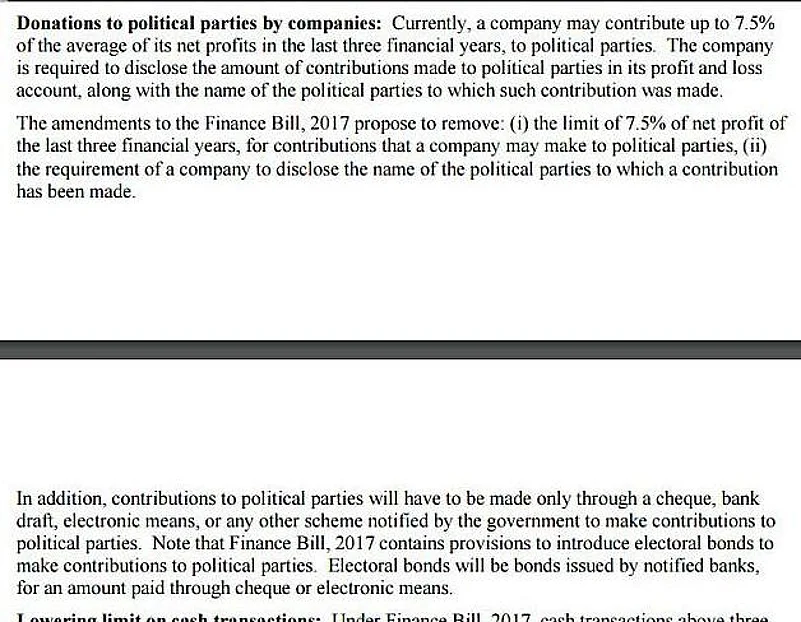
Courtesy: www.prsindia.org Click here for the full text
But there was a catch. The Representation of the People Act made sure that political parties reveal how much they received in donation above Rs 20,00 and who donated it. If it was a company that donated above Rs 20,000, they had to name it.

Courtesy: https://indiankanoon.org/ Click here for the full text
But Arun Jaitley’s had an antidote to transparency. In the recent Finance Bill, which sailed unchecked through the Lok Sabha, he amended the Representation of the People Act and blessed parties with opaqueness by saying that none of the above rules will apply if the donations are made through electoral bonds.
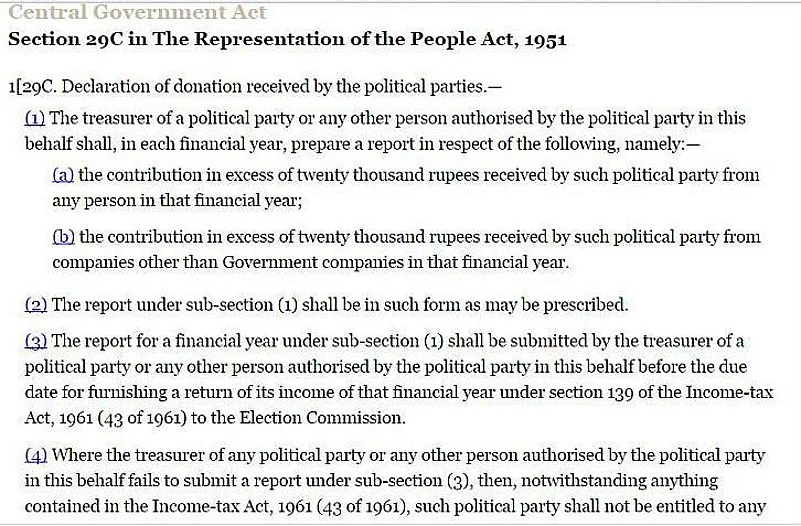
Courtesy: http://www.prsindia.org/ Click here for the full text
The Finance bill also amended the IT Act to exempt political parties from keeping record of donations made through electoral bonds.
An amendment to section 13A of the Income Tax Act in the Finance Act, 2017 exempts political parties from keeping records for donations made through electoral bonds.
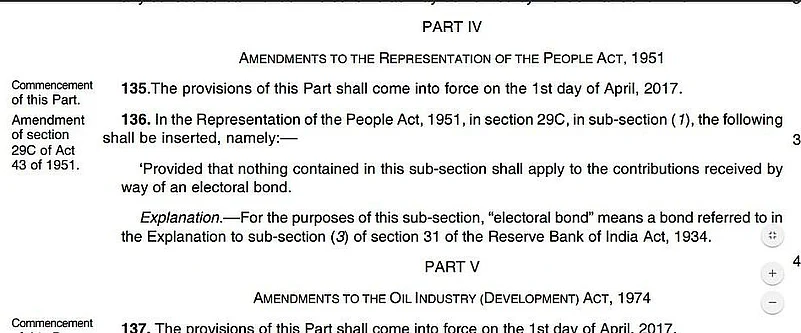
The finance minister hasn’t defined what an electoral bond is in the Finance Act and kept it fluid by referring to Section 31 of the RBI Act. Any government that comes into power can edit it according to their whims.
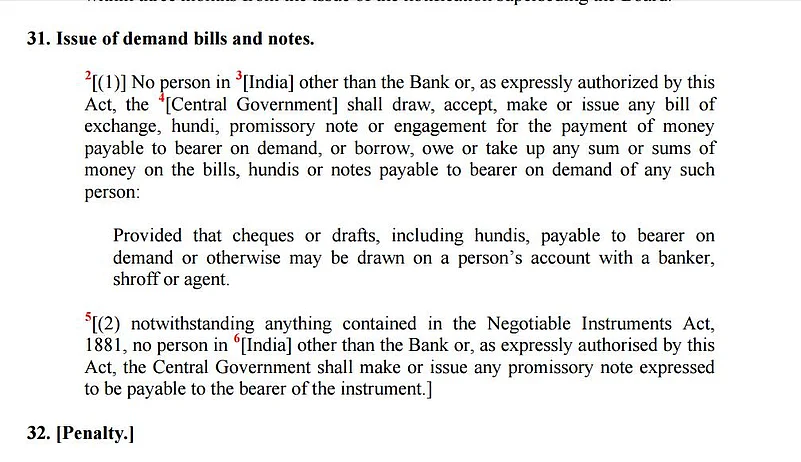
Courtesy: rbidocs.rbi.org.in Click here for the full text






